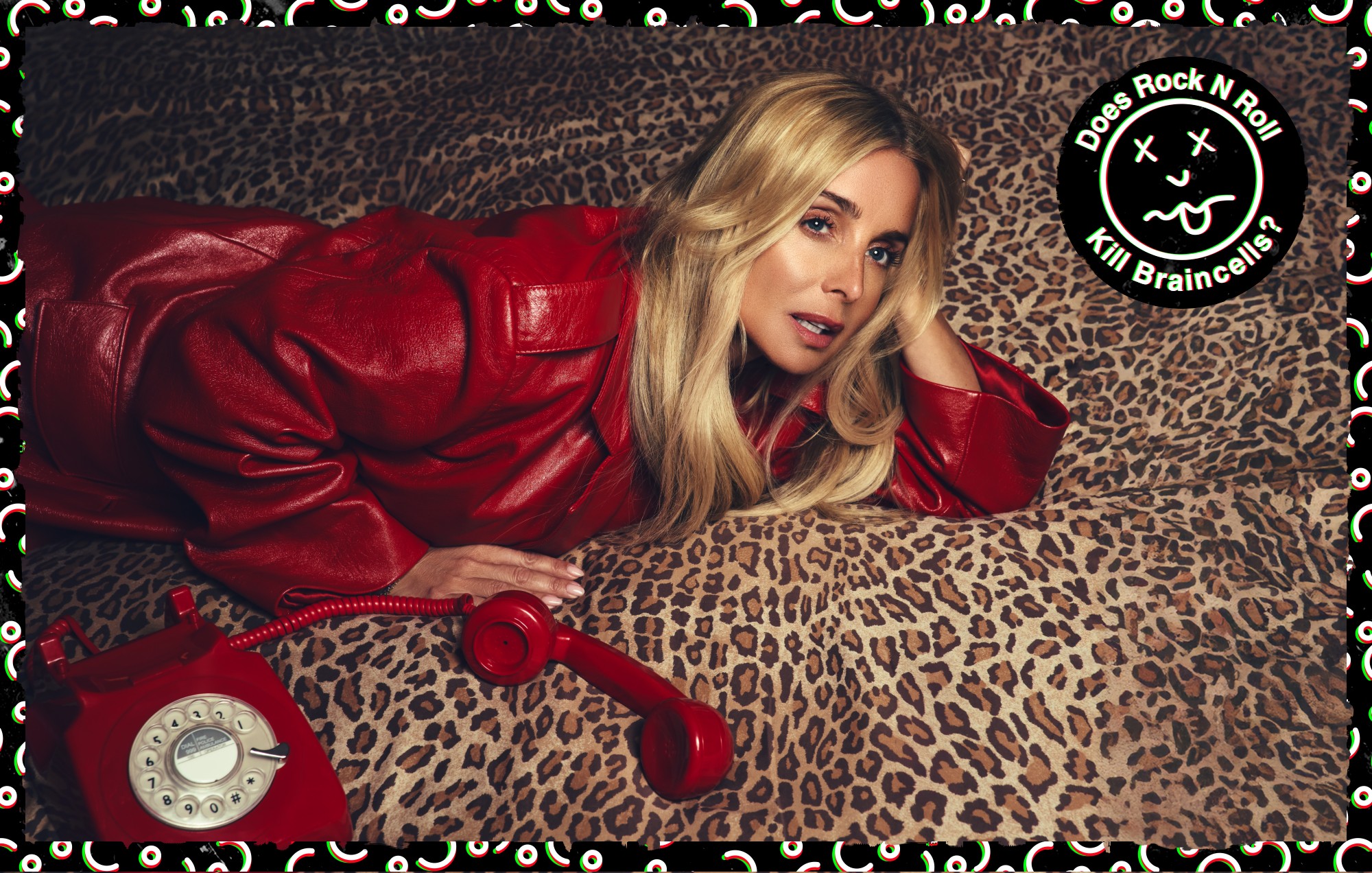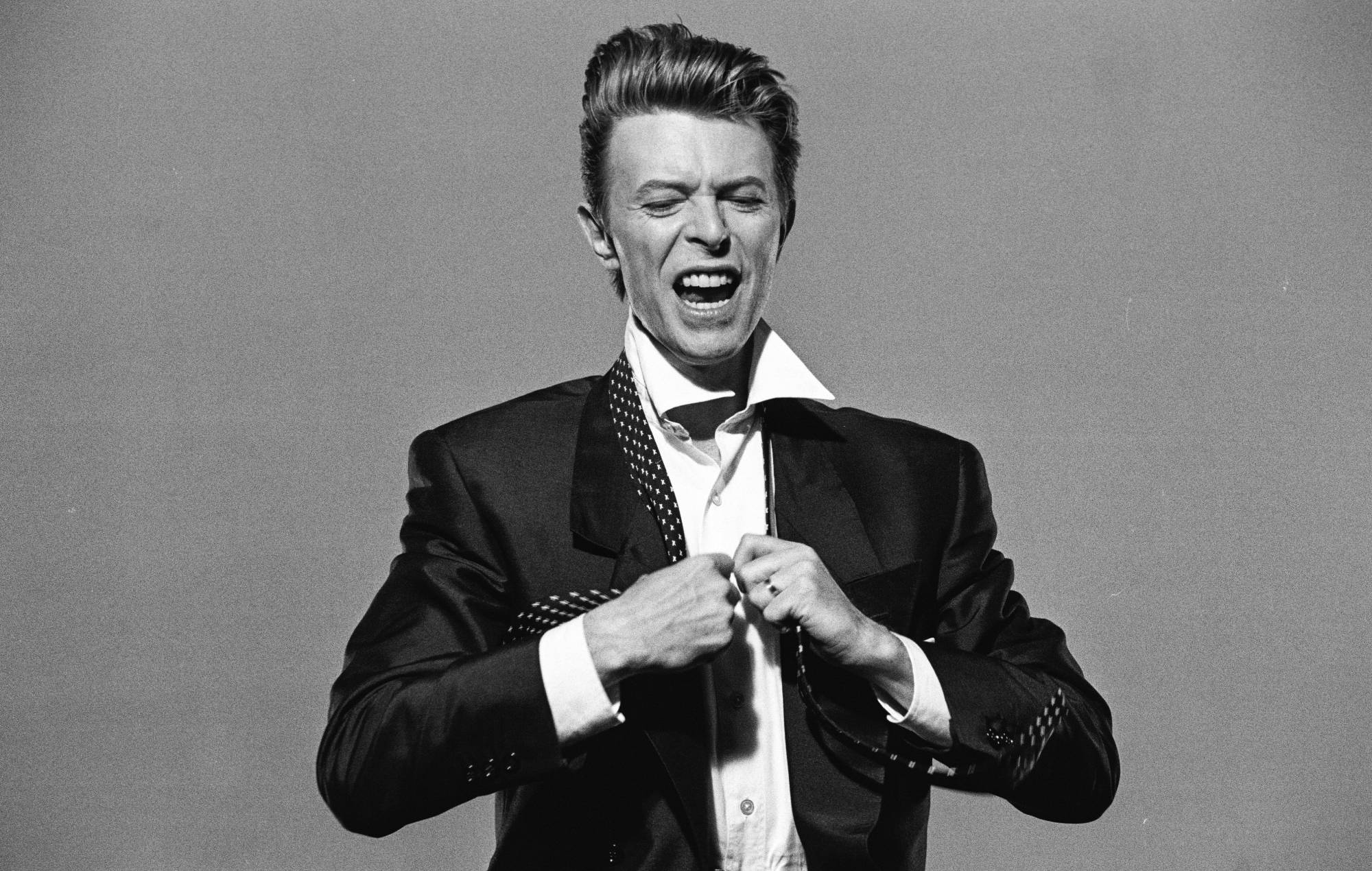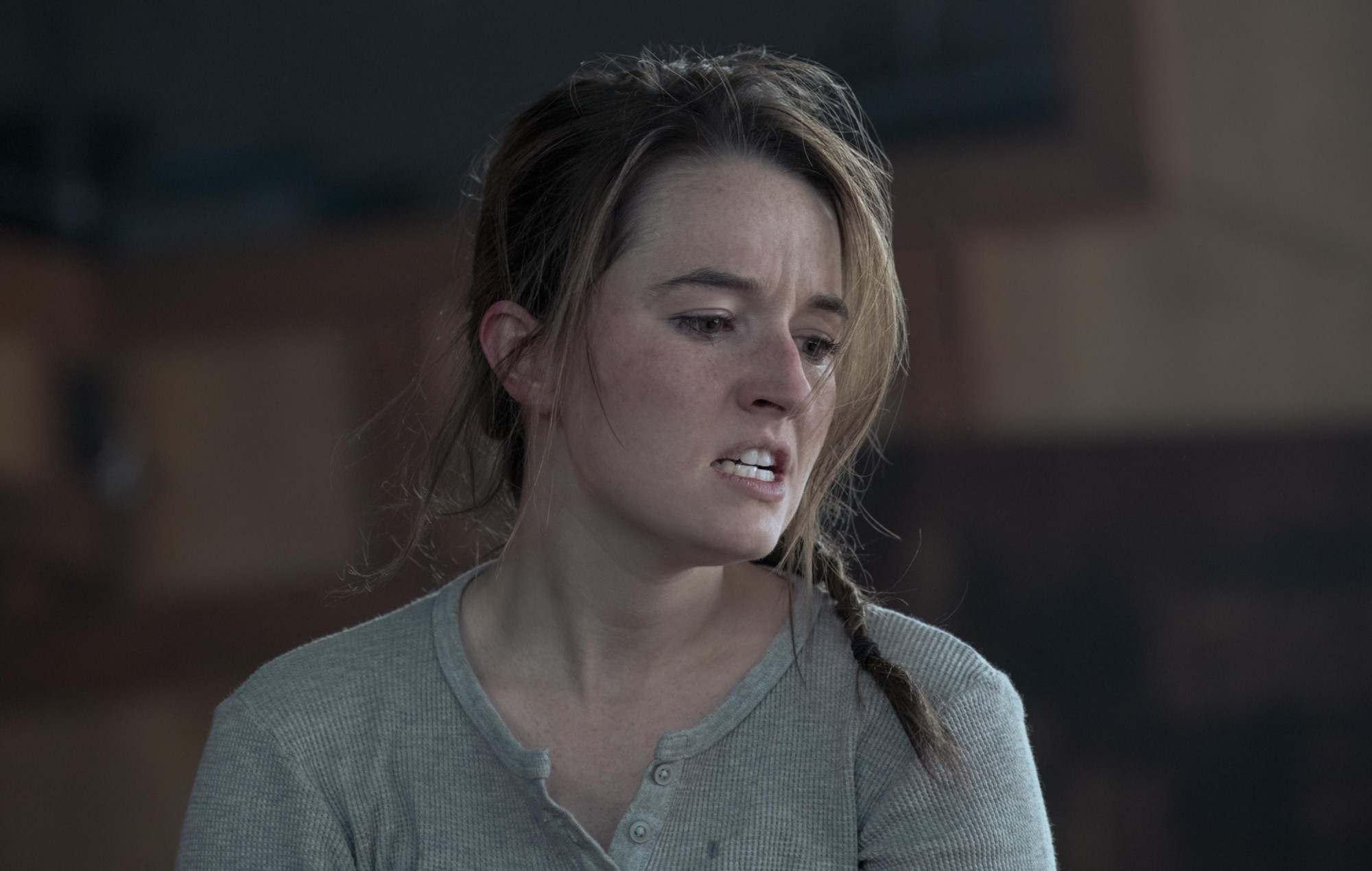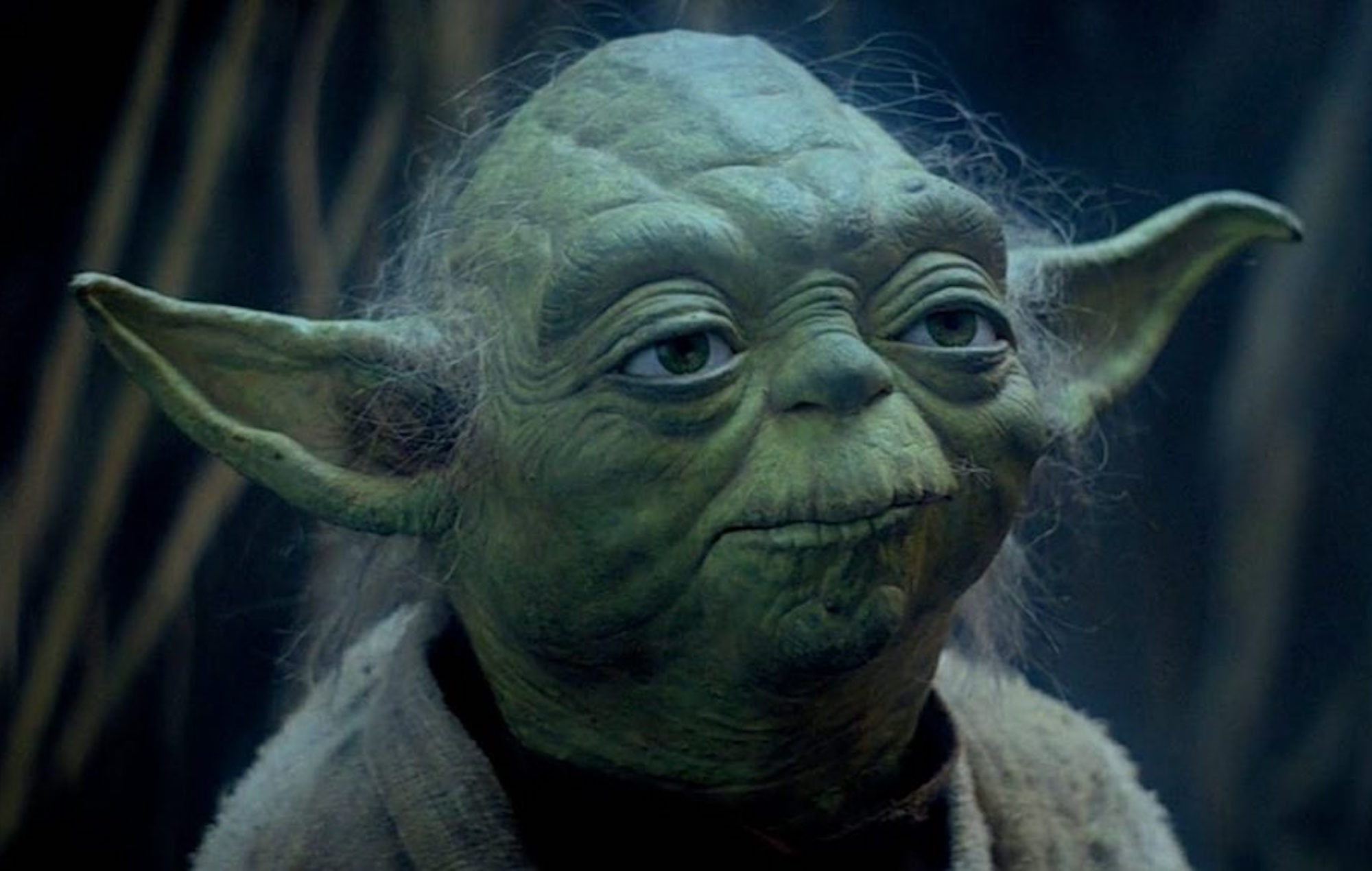With the passing of Paul ‘Trouble’ Anderson, we now have misplaced one among London’s DJ giants. Anderson’s Kiss FM present, which ran for eight years on a Saturday evening, was the official begin to any evening out taking place in London Town in the course of the 1990s, whereas his weekly Camden celebration Trouble’s House was the unofficial headquarters for DJs, producers and trade individuals to assemble and take heed to no matter sizzling new acetates Anderson had lower that week. Numerous visiting Americans carried out or hung on the market, from Tony Humphries and Loleatta Holloway to Barbara Tucker and Kenny Carpenter. He was not solely London’s primary DJ, however most likely its most liked, too (it’s uncommon you’d see Anderson with something apart from an enormous grin on his face).
Born September 28th, 1959, Paul Anderson had a troublesome upbringing, shifting round varied youngsters’s properties, however he was document gathering and DJing in his early teenagers, first making a reputation for himself as one among a brand new era of dancers and clubbers who had been dedicated to George Power’s classes at Crackers nightclub in Soho, arguably the place the place London’s black youth started to forge a brand new, uniquely black British identification. Paul Anderson was Power’s ‘boxboy’ and likewise the warm-up DJ at Crackers, in addition to being one among its famous dancers.
Although it might move unremarked upon at this time, Anderson’s position as a black DJ within the West End had a galvanising impact on a brand new wave of DJs that included Norman Jay, Jazzie B, Fabio and Colin Dale, at a time when racist door insurance policies meant black children had been being routinely denied entry from central London golf equipment. “He was held in excessive esteem, ’cos he may do all the pieces,” claims Soul II Soul’s Jazzie B. “He may rollerskate, he may dance, he may play music, he did a little bit of kung fu and was in depraved form and he was operating the wheels of metal. We all aspired to that. Personally he most likely impressed me essentially the most, as a result of he was in my grasp. I may see him, I may contact him, I may discuss to him.”
By the mid-eighties, Anderson’s residencies included the curler disco at Electric Ballroom in Camden, the place his love for go go act Trouble Funk earned him his nickname. The concept for the pirate Kiss FM grew out of those classes and by the late ‘80s had turn into the primary station in London, outgunning even authorized entities like Radio 1 and Capital. After it went authorized in 1990, Anderson took over Kiss’s Saturday night slot and held it for eight years, serving to to interrupt numerous information over its lengthy reign.
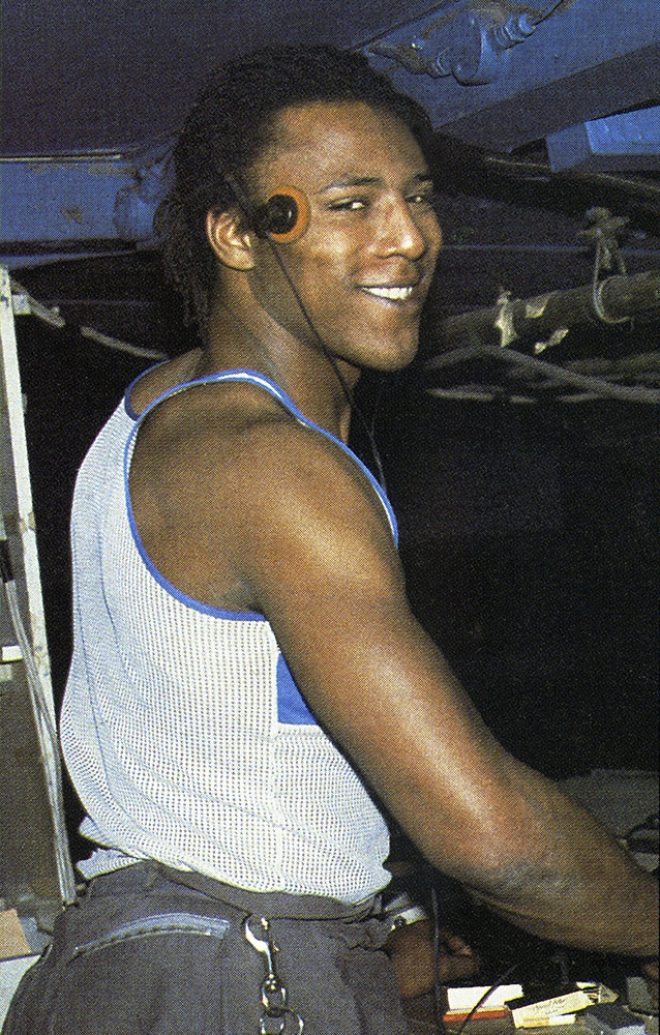
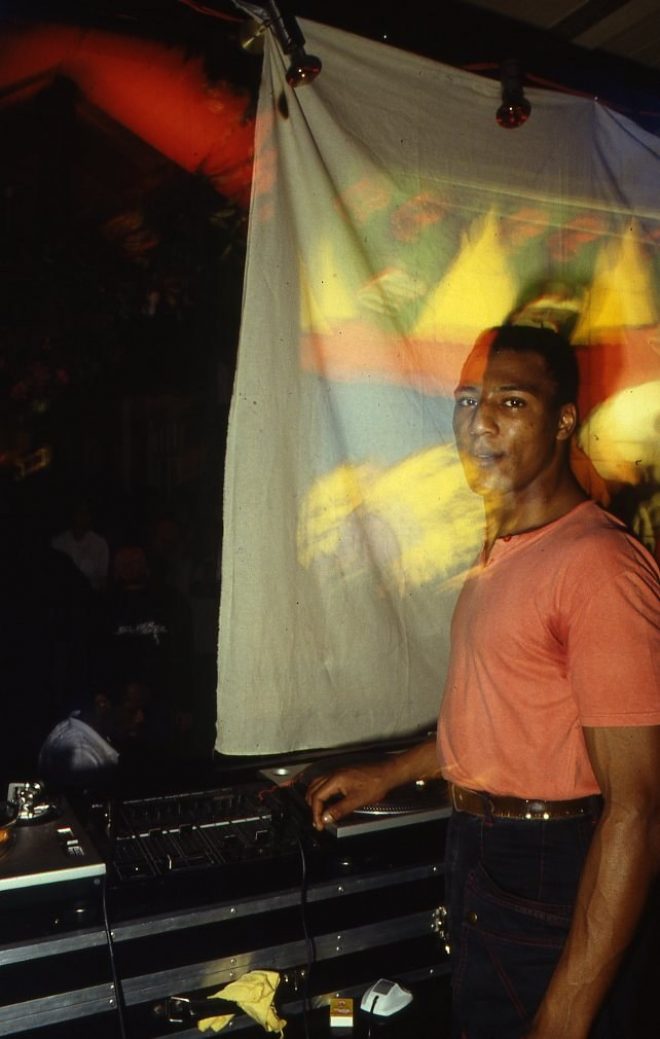
As nicely as offering a platform for the soulful finish of American home, particularly the New York/New Jersey sound, he was instrumental in serving to to interrupt lots of the younger British producers arising on the time, together with Sensory Elements, Chocolate Fudge and Joey Negro. “I gave ‘Do What You Feel’ to Paul, who lower himself some acetate, and he actually actually hammered it,” recollects Dave Lee, aka Mr Negro. “By the time it got here out six months later there was a giant demand for it.” Lee earned his first main label cope with Virgin off the again of the Anderson-created hype.
Over the weekend, tributes poured in from the dance group everywhere in the world, amongst them Louie Vega and Tony Humphries. “Whenever I made a document you felt inside, you’d attain out and provides props,” wrote Louie on his Facebook web page. “I knew the document can be a smash, you might be an impeccable style maker. You may scent successful a mile away. If Paul likes it, it meant one thing particular and I revered your phrases.”
“Working for him quite a few instances way back to 1988, was actually an honor and a blessing,” wrote Humphries. “Loved each minute of these sizzling sweaty throw down events. REAL underground events. From at the present time on, I'll hope that any occasion I’m lucky to be part of within the UK could have an analogous vibe.”
Dave Lee turned good pals with Anderson and was an everyday at his events within the mid-’90s.
“He began off as a dancer so was a pure showman behind the decks, one thing not many people are,” he says. “I all the time thought he may have gone into the tremendous league of DJs as he ticked all of the bins, however he didn’t appear bothered about that form of stuff and wouldn’t have needed to play the sport or compromise musically. Paul was a tough diamond who hadn't had a simple life, however he was man who was all the time completely immersed within the music.”
There had been few DJs who had the knack of constructing pleasure like Paul Trouble Anderson. His stay mixing, which appeared to be completely teetering on the brink, introduced a kinetic power to his units that was missing in anybody else’s and solely added to the sense of urgency and propulsion. He lorded over London for nicely over a decade, but was too humble to be minded about such trifles. Trouble constructed the home and, lately, we’re all nonetheless residing in it.
Bill Brewster is an everyday contributor to Mixmag, comply with him on Twitter
